Last Updated: July 2, 2025
Is There a Real Cure for Diabetes? The Truth Behind Social Media Claims
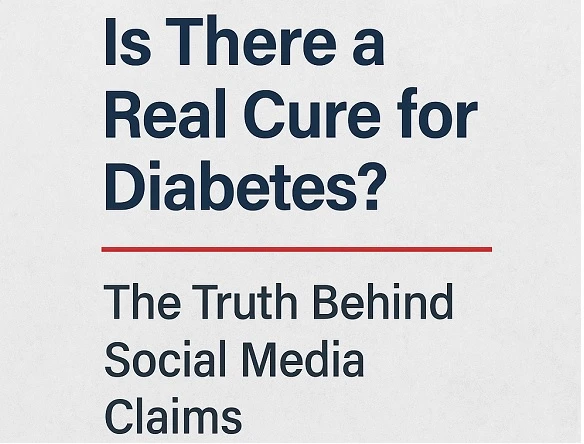
“One surgery and no more diabetes!” “Say goodbye to insulin forever after this one treatment!” You’ve probably seen those bold claims in YouTube videos or TikTok clips. But what’s the truth? Is diabetes truly curable, or are we just being fed viral clickbait for views?
Let’s break down the facts in plain, real-world language — covering the types of diabetes, actual treatments available today, and what modern science has to say about a potential cure.
🔍 Understanding the Two Main Types of Diabetes
Type 1 Diabetes (T1D)
This is an autoimmune condition. Your immune system mistakenly attacks the insulin-producing beta cells in your pancreas. It usually appears early in life, though adults can develop it too.
- Requires lifelong insulin therapy
- There is currently no permanent cure
- Research is ongoing in stem cells, gene editing, and artificial pancreas systems
Type 2 Diabetes (T2D)
This is the more common form, and it develops due to insulin resistance—often linked to obesity, poor diet, or sedentary lifestyle.
- Can sometimes be reversed or put into remission
- Often managed with medication, diet, exercise, or surgery
- Not autoimmune, so it responds better to lifestyle and medical interventions
💡 Can Diabetes Be Cured?
Here’s the honest truth:
- Type 1: Not curable yet, but emerging research (stem cell therapy, islet transplantation) is promising
- Type 2: Can be reversed in many people, especially with weight loss and bariatric surgery — but “cure” isn’t the right word
⚙️ Modern Treatments and Scientific Breakthroughs (2025)
1. GLP-1 Agonists (Ozempic, Wegovy, Mounjaro)
These new-generation medications help control blood sugar and also reduce weight — a double win for Type 2 diabetics.
2. Orforglipron: A New Oral Diabetes Drug
Still in trials, this pill might revolutionize treatment by offering the same benefits of injectables like Ozempic but in tablet form.
3. Bariatric Surgery
This is what many of those YouTube and TikTok videos are referencing. Gastric bypass or sleeve gastrectomy can send Type 2 diabetes into remission.
- Helps over 80% of patients reduce or stop diabetes meds
- Changes gut hormone levels to restore insulin sensitivity
- Not a cure, and doesn’t work for Type 1 diabetes
4. Stem Cell Therapy
For Type 1 patients, stem cell transplants like VX-880 (by Vertex Pharma) have restored insulin production in early trials. This is the future, but it's not yet mainstream.
5. Lifestyle Reversal (DiRECT & Newcastle Diet)
Under medical supervision, rapid weight loss through very-low-calorie diets can push Type 2 diabetes into remission — a real, proven, drug-free approach.
📺 The Reality Behind Viral Social Media Claims
It's important to be skeptical of online influencers claiming diabetes can be cured with one "secret" surgery, pill, or natural herb.
Examples of Misleading Content:
- “Secret Indian herb that cures diabetes instantly” ❌
- “Doctors don’t want you to know about this simple fruit” ❌
- “One laser treatment, and no more sugar pills” ❌
These are usually marketing tricks or unproven therapies. While some may show minor benefits in blood sugar control, there is no verified single-shot cure—yet.
🔬 What the Science Actually Supports
- Remission through weight loss or bariatric surgery ✅
- Stem cell research for insulin regeneration (still in trials) ✅
- Gene editing & artificial pancreas devices (experimental) ✅
- Fad supplements or "miracle cures" ❌
🧠 Final Thoughts: What You Can Do
If you or a loved one is dealing with diabetes, know that the landscape is evolving rapidly. While we don’t yet have a universal cure, **we do have tools to fight back — and even reverse Type 2 diabetes** in many cases.
Always consult your doctor before starting any new treatment, and be cautious of social media shortcuts. Your health deserves real answers, not viral sound bites.
✔️ Tips for Managing or Reversing Type 2 Diabetes
- Adopt a low-carb, high-fiber diet
- Engage in regular physical activity (especially walking or resistance training)
- Lose 5–10% of your body weight, if overweight
- Talk to your doctor about newer medications like Semaglutide or Tirzepatide
Science is moving fast, and real hope is on the horizon. Just be sure your information is coming from evidence — not entertainment.
Stay smart. Stay informed. And keep your health in your hands.
You May Also Like:
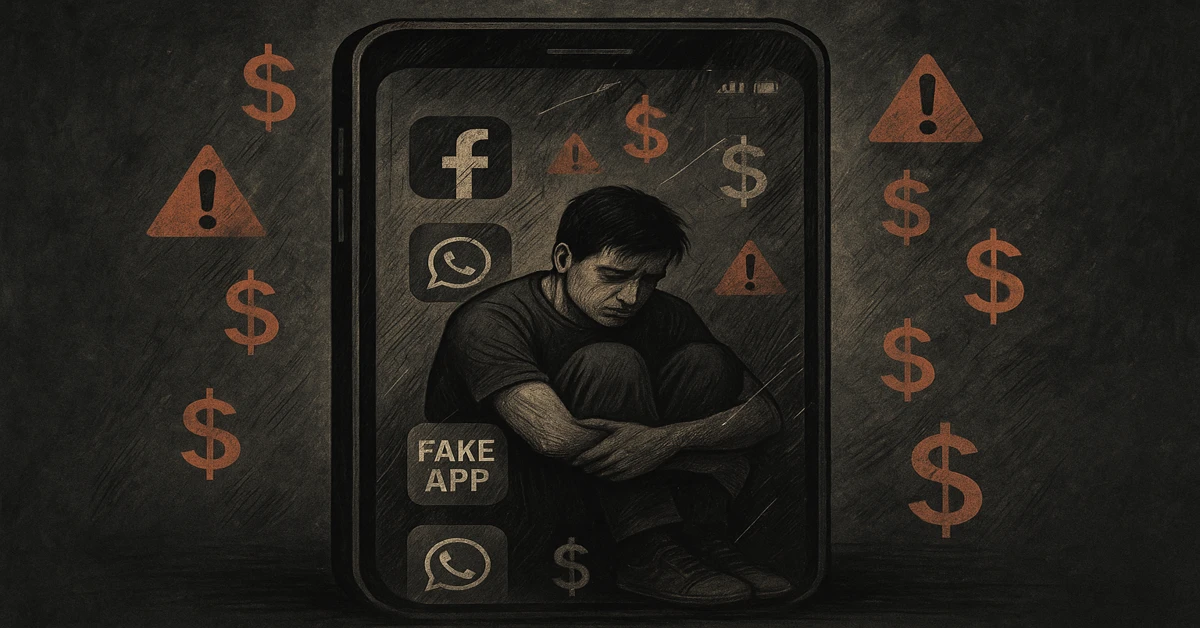
How Scam Apps, Fake Jobs & Social Media Scams Are Looting Pakistanis in the Name of Online Earning...

Islamic by Label, Conventional by Operation: The Truth Behind Islamic Banking in Pakistan...
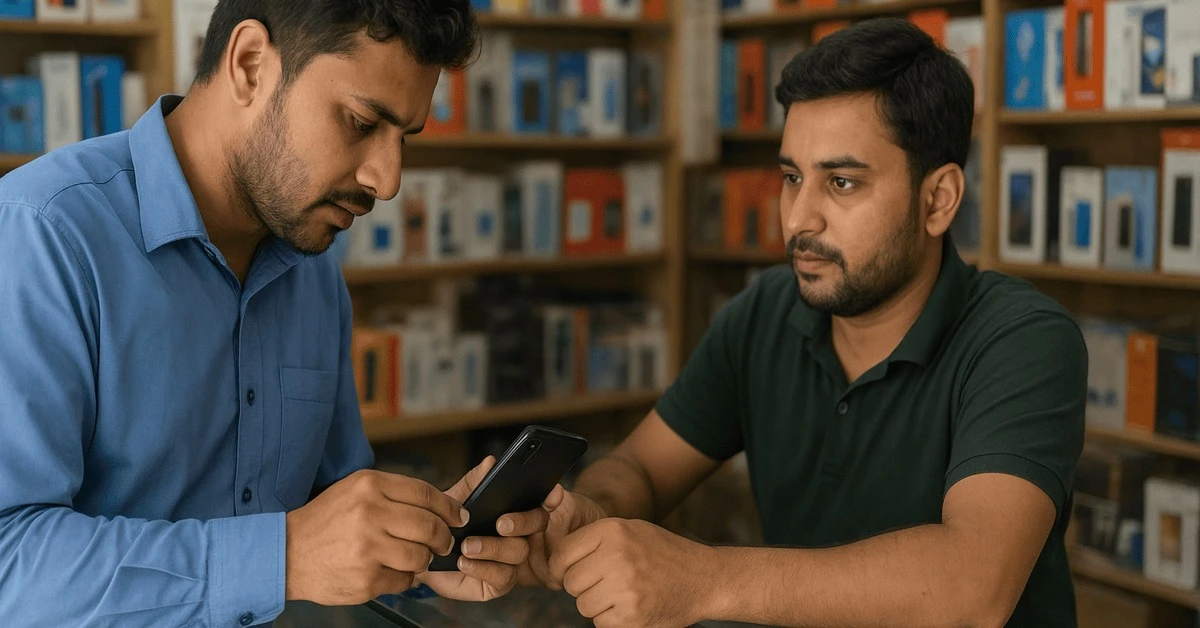
Inside Pakistan’s Second-Hand Phone Markets: Real Risks & Real Buyer Stories...
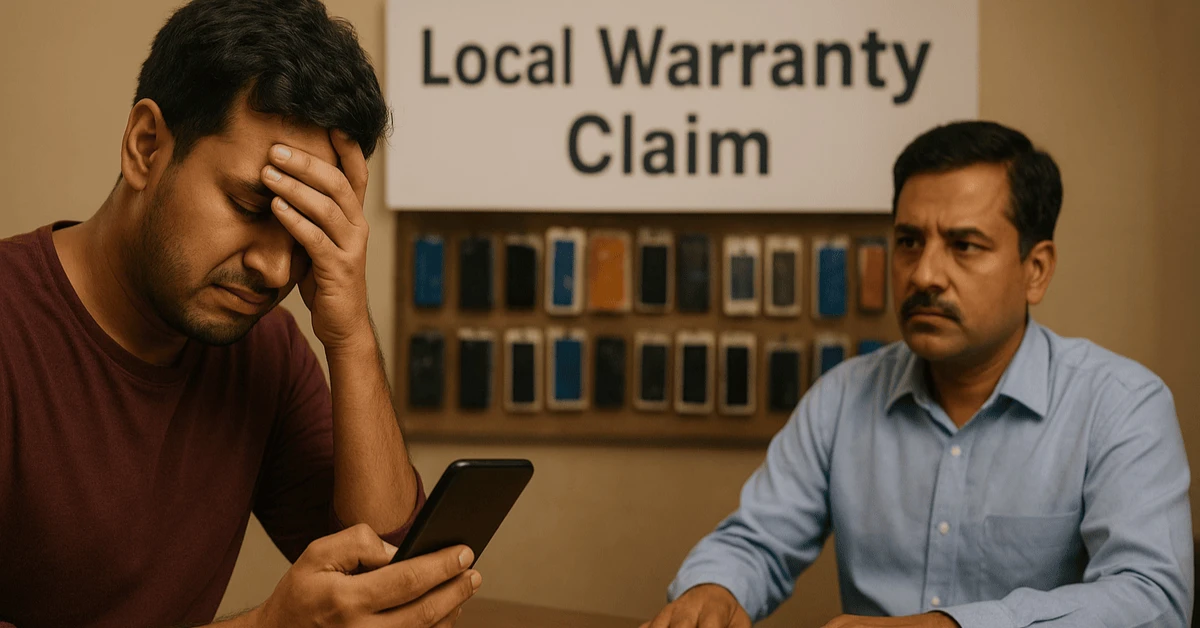
Mobile with Official Warranty in Pakistan: The Full Truth, Risks, Myths, and How to Verify a Genuine...
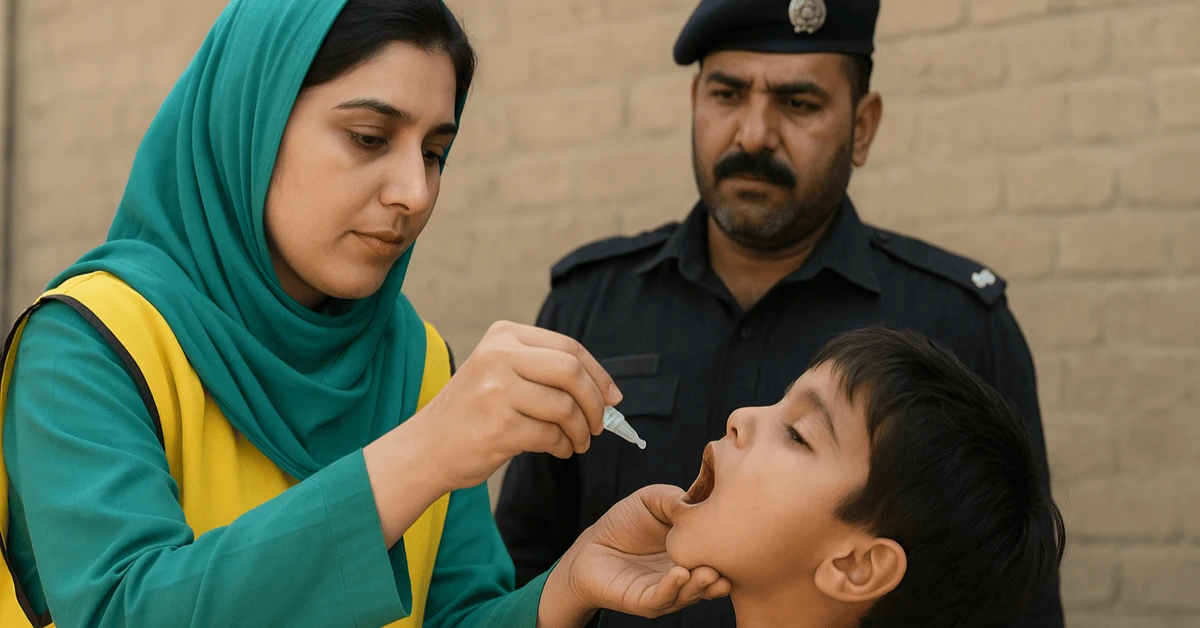
Why Pakistan Pushes Vaccination So Hard? Truth About Foreign Funding, Polio & Population Control...
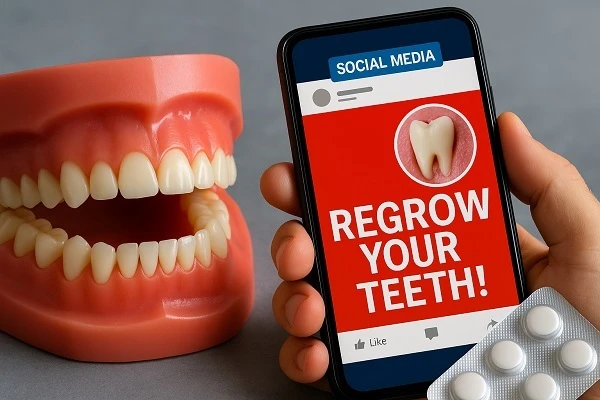
Japan's Tooth Regrowth Breakthrough: What's Real and What's Hype?...
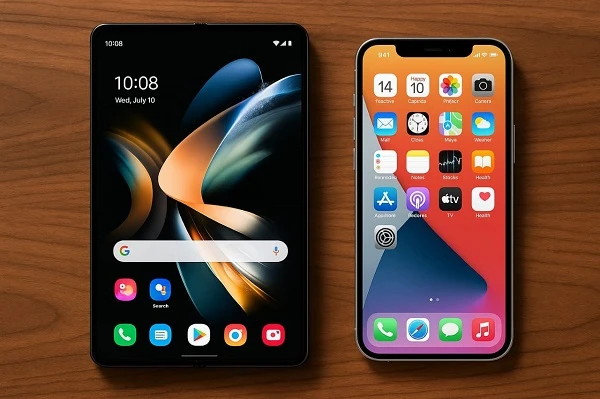
Foldable Phones Just Got Real: What Samsung’s Z Fold 6 Can Do That Your iPhone Can’t!...

